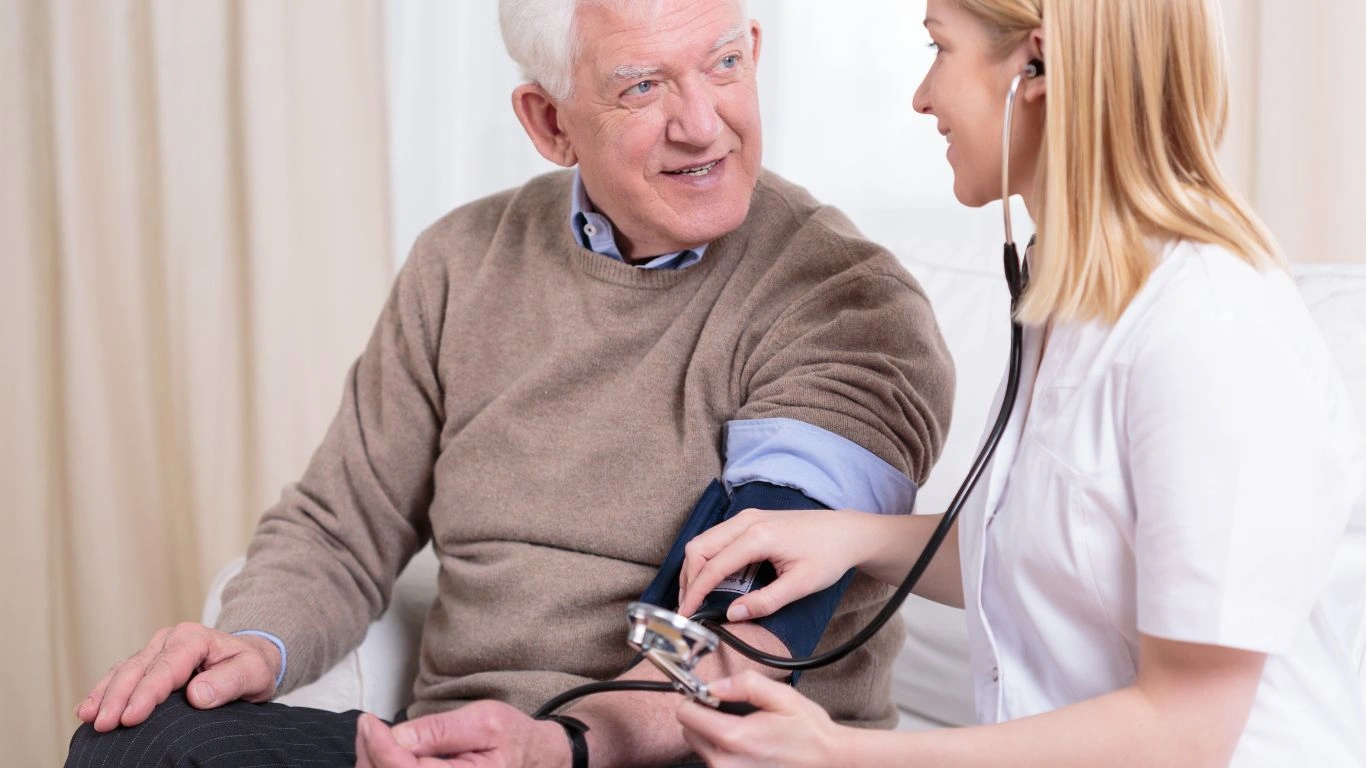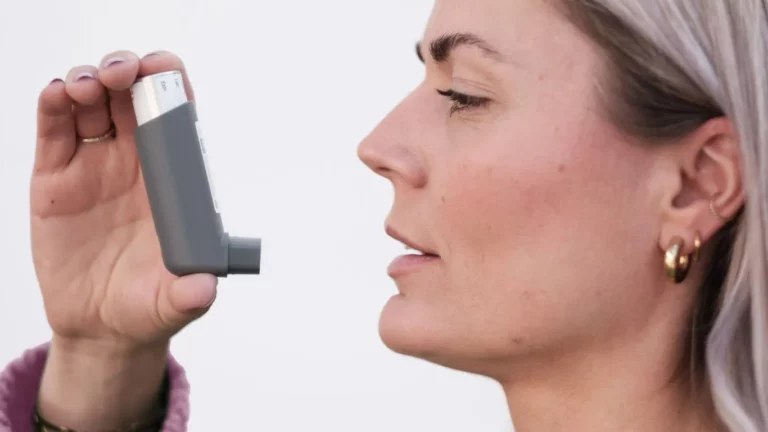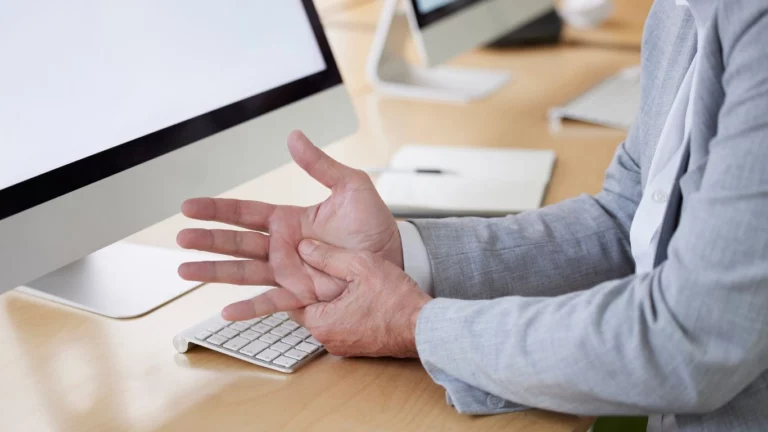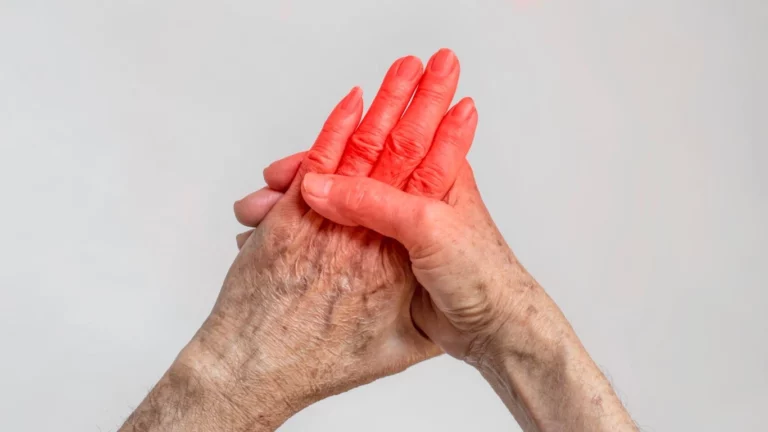How to Lower Blood Pressure Before a Doctor’s Visit: Simple, Effective Strategies That Work
Hey there! If you’re reading this, you probably have an upcoming doctor’s visit, and you’re wondering how to lower your blood pressure before walking into that office. It’s something that many of my patients have asked me over the years, and it’s totally understandable. No one likes those high blood pressure readings, especially when you know you’re going to be facing a doctor who might start talking about medications, lifestyle changes, or even worse—more tests!
But here’s the thing: while you can’t always control everything that goes on in your body, there are things you can do before your doctor’s appointment to lower your blood pressure naturally. I’ve worked with many patients over the years who’ve used these simple techniques and walked into their appointments with much better readings.
So, let’s dive in! Here are some straightforward, science-backed strategies for how to lower blood pressure before a doctor’s visit.
Why Lowering Blood Pressure Before a Doctor’s Visit Is Important
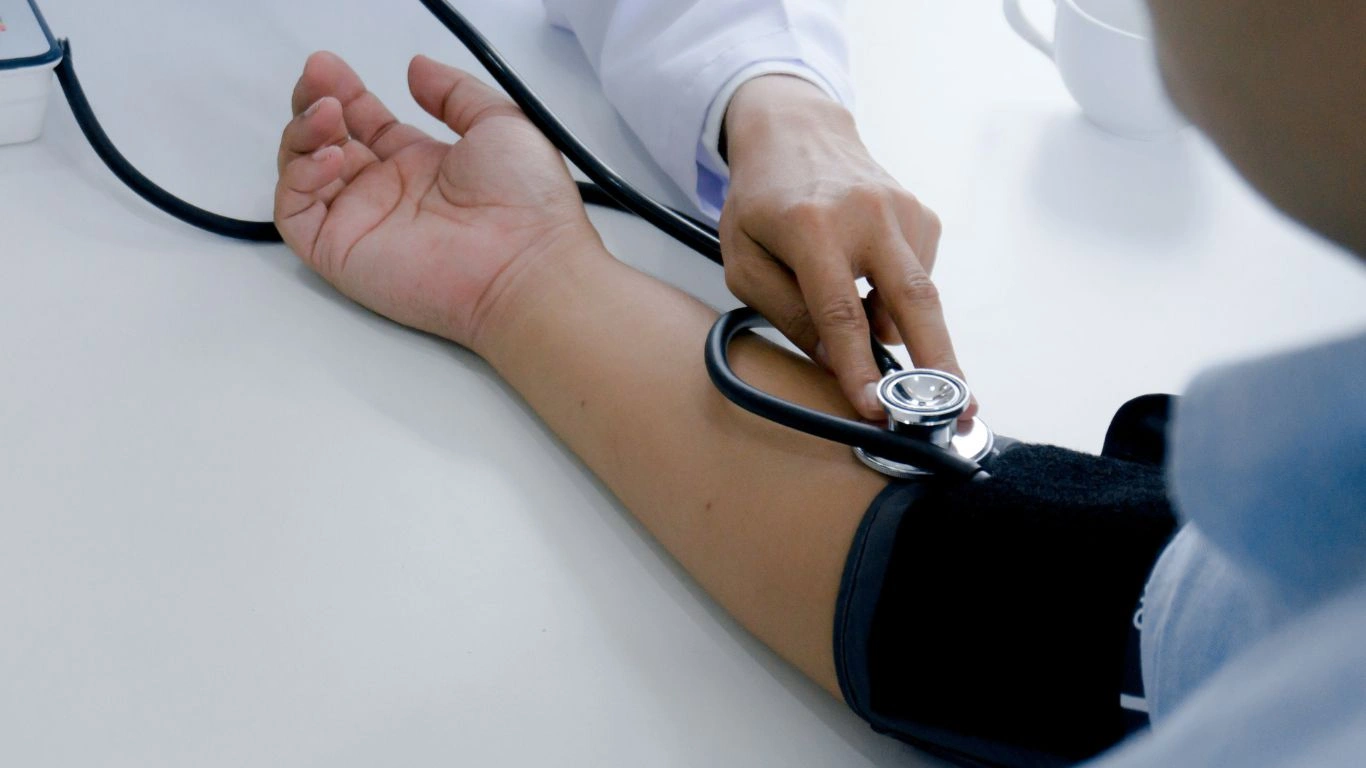
Before we get into the how-to part, let’s quickly chat about why lowering your blood pressure before seeing your doctor matters. High blood pressure (or hypertension) is a silent killer—it doesn’t have symptoms, so you might not even know you have it. But when left unchecked, it can lead to heart disease, stroke, kidney damage, and a whole bunch of other scary stuff.
Doctors often check blood pressure at every visit, and a high reading can sometimes lead to more tests or even medication recommendations. If you’re someone who gets nervous about seeing the doctor (and let’s face it, who doesn’t?), your blood pressure might get a little higher just because of that stress.
That’s where you come in—by using these techniques, you can give your body a little nudge in the right direction before your appointment. So, let’s talk about how to do it.
How to Lower Blood Pressure Before a Doctor’s Visit: Practical Tips
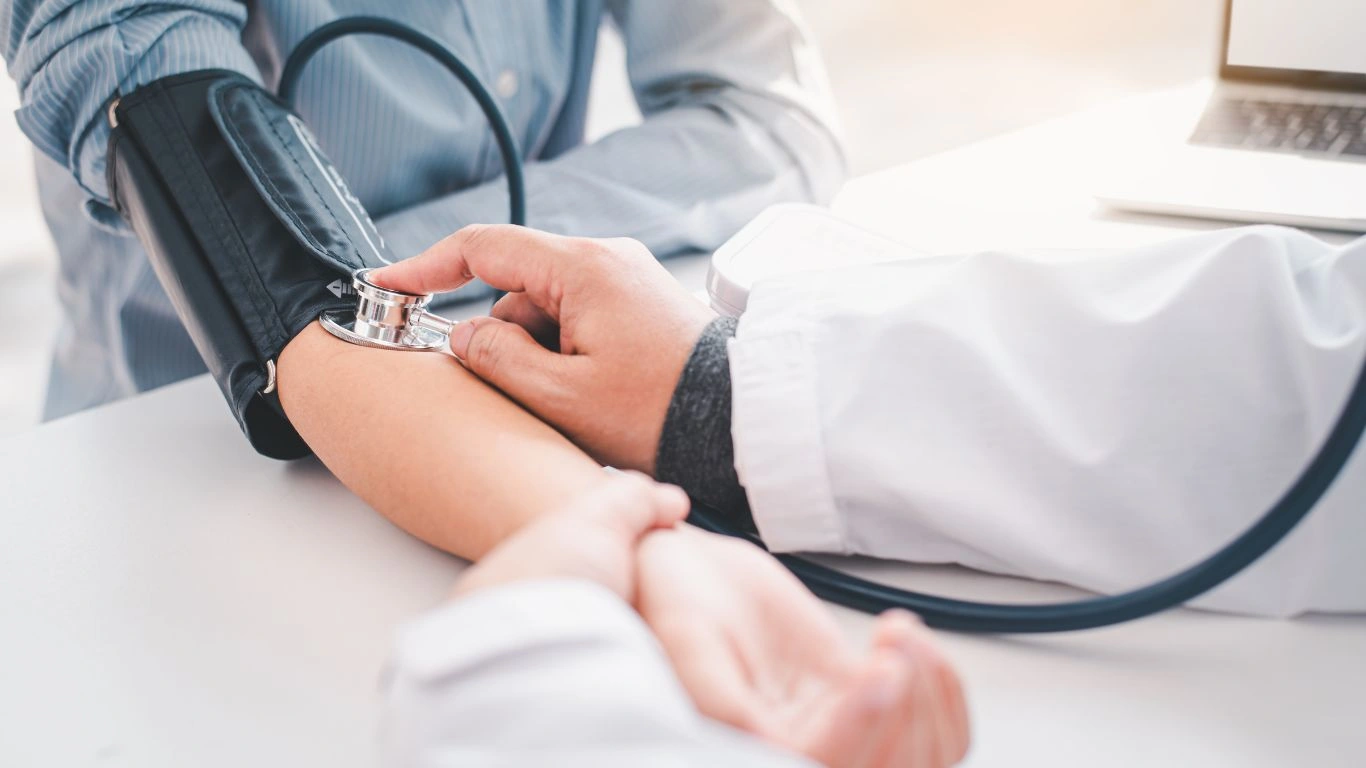
1. Relax and Breathe! (Seriously, Breathe)
Okay, I know it sounds super basic, but deep breathing can do wonders when it comes to lowering your blood pressure. One of the most common reasons for a temporary spike in blood pressure is anxiety. Maybe you’re nervous about what your doctor might say, or maybe you’re just not a fan of that cuff tightening around your arm. Whatever it is, stress will raise your blood pressure.
One of the best ways to counteract that is to practice deep breathing. Here’s what I recommend doing a few hours before your appointment (or even right before you walk in the door):
- Sit somewhere quiet, close your eyes, and take a deep breath in through your nose for 4 seconds.
- Hold it for 4 seconds.
- Exhale slowly through your mouth for 6 seconds.
Repeat this for about 5-10 minutes. It’s a great way to calm your mind and body, and you’ll be surprised how much it can help bring your blood pressure down. Plus, it works instantly!
2. Watch Your Salt Intake the Day Before
Here’s a big one: salt. Sodium can make your blood pressure spike, especially if you’re sensitive to it. If you know you’ve got a doctor’s visit coming up, it’s a good idea to lay off salty foods for at least 24 hours before your appointment. I always tell my patients to steer clear of processed foods, canned soups, chips, and anything loaded with salt.
If you’re unsure what’s salty, check the labels! You’d be surprised by how much sodium sneaks into packaged foods. Instead, go for fresh fruits, vegetables, and lean meats.
Pro tip: If you’re craving something salty, try seasoning your food with herbs and spices. Trust me, your taste buds won’t even miss the salt.
3. Get Moving—but Don’t Overdo It
Exercise can be one of the most effective ways to lower your blood pressure in the long run. Now, I’m not saying you should run a marathon the morning of your appointment (unless you’re training for one, of course). But a brisk walk or some light stretching a few hours before your doctor’s visit can do wonders for your blood pressure.
A lot of people make the mistake of thinking that they can’t exercise right before they get their blood pressure taken, but I’ve found that moderate activity, like a 20-minute walk, can actually help lower your reading. Just be careful not to overdo it—you don’t want to get too sweaty and end up stressed out by the time you get to the doctor’s office.
4. Hydrate, Hydrate, Hydrate
Being dehydrated can mess with your blood pressure, so it’s essential to drink enough water throughout the day, especially before your visit. Dehydration can cause your blood vessels to constrict, making your blood pressure go up. The rule of thumb is to aim for 8 glasses of water a day—but I always tell my patients to listen to their bodies. If you’re thirsty, drink!
If you’re like me and you forget to drink water sometimes, try keeping a water bottle with you as a reminder. And, if plain water doesn’t do it for you, try some herbal tea or flavored water with no added sugars. Keep away from caffeine and sugary drinks—they can both cause your blood pressure to spike.
5. Get a Good Night’s Sleep
I know, I know—you’ve probably heard this a million times, but sleep is crucial when it comes to managing blood pressure. If you don’t get enough sleep, your body goes into a state of stress, which can raise your blood pressure. Try to get 7-8 hours of sleep the night before your appointment for the best results.
If you’re having trouble falling asleep, try turning off screens an hour before bed, or even reading a good book to wind down. And if you’re someone who tends to get anxiety about doctor visits, consider trying some relaxation techniques before bed to calm your mind.
Troubleshooting Common Issues

Sometimes, despite our best efforts, we still find ourselves struggling with high blood pressure. Let’s go over a few common issues you might face and how to deal with them.
Stress That Won’t Budge
If you’re someone who’s dealing with chronic stress, it can be difficult to bring your blood pressure down on the spot. That’s when consistent stress management becomes crucial. In addition to the deep breathing I mentioned earlier, regular mindfulness, meditation, or even yoga can help you manage stress on a day-to-day basis.
Medication Side Effects
If you’re on blood pressure medication, some of them can cause side effects that might temporarily affect your readings. It’s always a good idea to have a conversation with your doctor about any medication changes and how they might impact your blood pressure.
Pre-Appointment Nerves (AKA White Coat Syndrome)
I get it—going to the doctor can make anyone nervous. But that nervousness can cause your blood pressure to spike, which is why it’s so important to try to stay calm. The good news is that there are ways to manage white coat syndrome—like bringing a friend with you for moral support or practicing those deep breathing exercises.
Case Studies / Success Stories
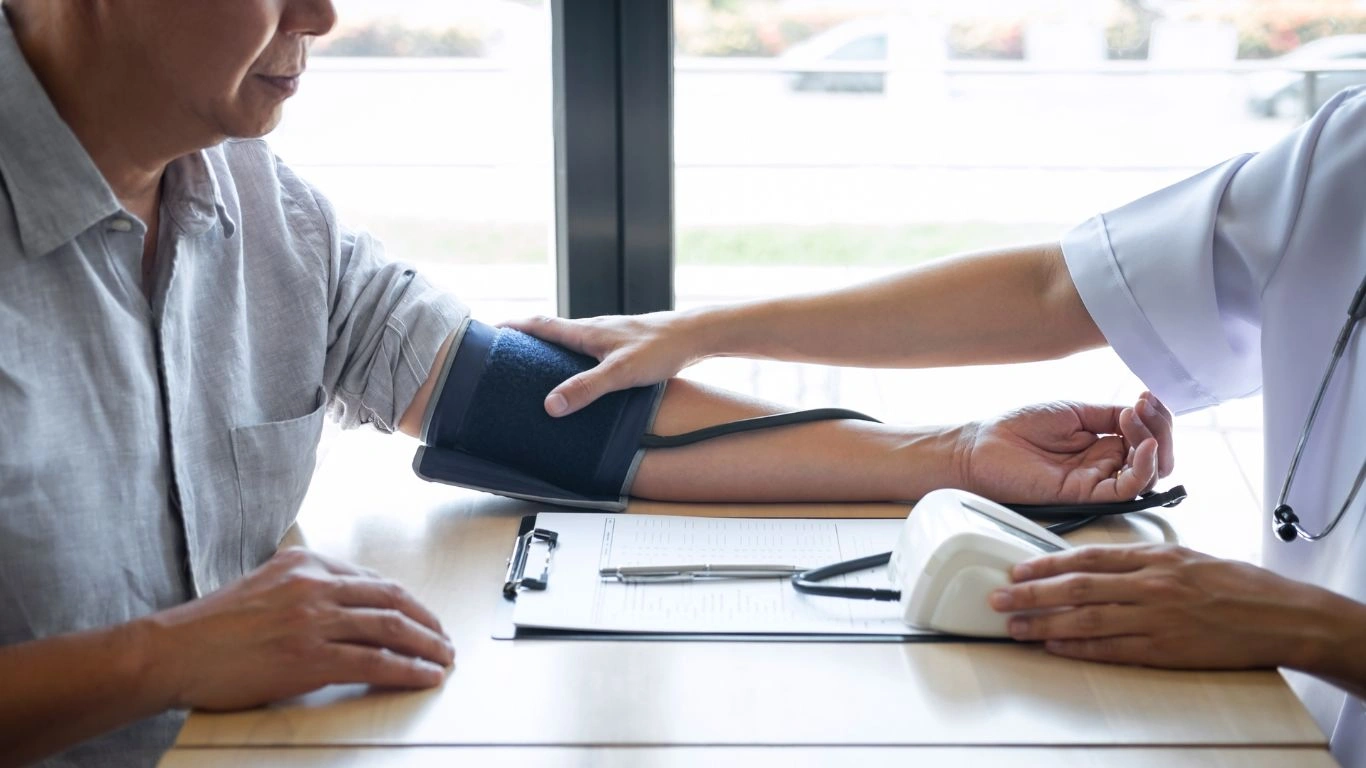
Over the years, I’ve worked with many people who’ve successfully managed to lower their blood pressure before their doctor visits. Let me share a few success stories.
Case Study 1: Linda
Linda came to me a few months ago, frustrated with her blood pressure readings. She had high anxiety, which made her blood pressure spike every time she went to the doctor. After practicing breathing exercises and watching her salt intake, she noticed a significant improvement. By the time her next doctor visit came around, she had a much lower reading, and her doctor was so impressed by her progress!
Case Study 2: James
James was diagnosed with high blood pressure a few years ago and struggled with it. After starting a regular walking routine and drinking more water, he found that he could manage his blood pressure much better. By his next appointment, his doctor reported that his numbers were looking fantastic, and he felt a lot better overall.
Key Takeaways / Summary
To sum it all up, managing your blood pressure before a doctor’s visit isn’t about drastic changes or fancy tricks—it’s about making simple adjustments to your routine that can help bring your numbers down naturally. If you incorporate things like deep breathing, regular exercise, a healthy diet, and proper hydration, you’ll be in a much better place when it comes time for your appointment.
Of course, these tips don’t replace the advice of your doctor, but they can be a great way to manage your blood pressure in the short term and set you up for long-term success.
5 FAQs
- What foods help lower blood pressure quickly? Stick to fresh, whole foods like fruits, veggies, and lean proteins. Avoid processed, salty snacks.
- Is it okay to exercise before my blood pressure check? Yes, light exercise like walking is beneficial, but avoid anything too intense before your visit.
- How do I deal with white coat syndrome? Practice deep breathing or even bring a friend to help keep you calm. You can also try visualization techniques to relax before your appointment.
Appendix
References
Disclaimer
This article is intended for informational purposes only and should not replace professional medical advice. Always consult your healthcare provider for personalized recommendations.
Call to Action
If you’re looking for more personalized advice or help managing your blood pressure, I’m here to guide you every step of the way. Reach out to me today for a consultation!

Dr. Gwenna Aazee is a board-certified Internal Medicine Physician with a special focus on hypertension management, chronic disease prevention, and patient education. With years of experience in both clinical practice and medical writing, she’s passionate about turning evidence-based medicine into accessible, actionable advice. Through her work at Healthusias.com, Dr. Aazee empowers readers to take charge of their health with confidence and clarity. Off the clock, she enjoys deep dives into nutrition research, long walks with her rescue pup, and simplifying medical jargon one article at a time.

